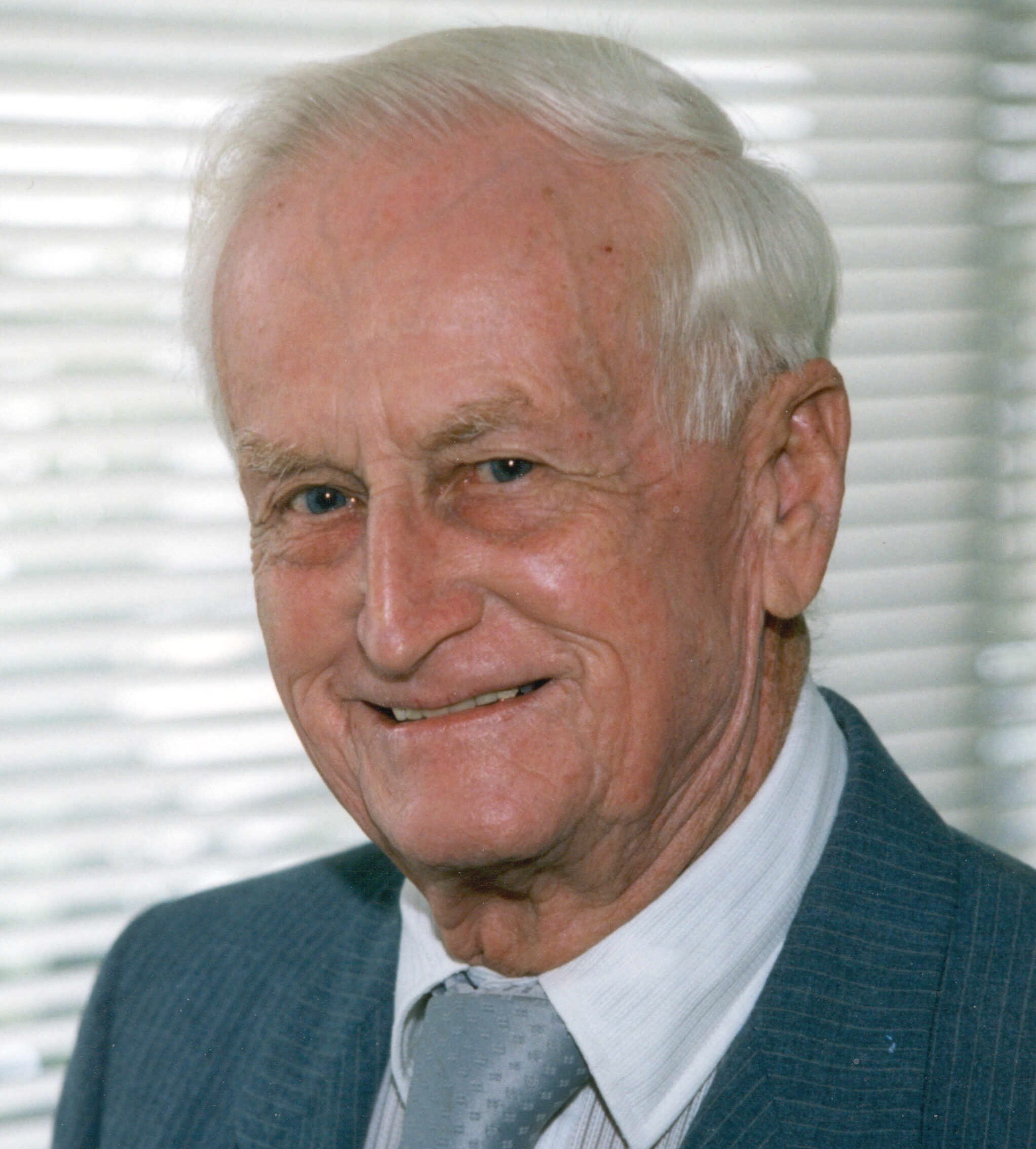Florida Keys Historian & Archaeologist
Irving R. Eyster
In 1947, he and his wife Jeane traveled to Key West; there they immediately fell in love with the Keys and thus relocated. The couple moved to Lower Matecumbe in 1952 when only seven others shared the island; this was because Irving thought Key West was too crowded. They built a small motel, and Irving began to preserve the Keys' history. He has accomplished more in his life than many could in five lifetimes. Irving was a friend to everyone he met.

As an archaeologist, Irving completed an excavation on Indian Key in cooperation with the state. He was the Dade County Archeologist for several years and worked on the now famous Miami Circle site as well as several sites in Dade and Broward counties. He performed numerous surveys and archeological digs of Indian sites (ranging from Ocean Reef to Key West) as well as surveying historic sites of early Keys settlers and the railroad.
Irving was a founding member of the Upper Keys Historical Society and in 1990 was appointed by County Commissioners as President of the Matecumbe Historical Board. He formed and was then President of the Matecumbe Historical Trust until his passing, and he served on the Islamorada Chamber of Commerce board. From 1979 to 1995 Eyster served as an executive leader of the Historic Florida Keys Preservation board and was President for six of those years. Irving was appointed for two four-year terms by Governor Bob Graham, one term by Governor Bob Martinez, and one term by Governor Lawton Chiles. Eyster served as a board member on the Pigeon Key Foundation from 1993 to 2001, and he was Chairman of the Historic Preservation Commission (Islamorada Village of Islands) from 1997 to 2007. He served on the Judicial Nominating Committee in 2000 and was appointed by Governor Chiles.
A zealous devotee to South Florida, Irving was named Citizen of the Year by Monroe County, awarded Citizen of the Day in 1980 from Citizens Federal Savings and Loan and Winz News Radio, and he was named Mr. History in 1983. Until his passing, he was a board member of the San Carlos Institute in Key West and was instrumental in saving the San Carlos from demolition. Irving's 30 plus years of service earned him the Cuban Medal of Honor, the highest honor among Cubans, which he was presented on a day declared as Irving Eyster Day.
Irving founded and was made a life member of the Florida Keys Land and Sea Trust. He founded and was past President of the Friends of the Islamorada Area State Parks, and he was one of four founders of the Archaeological Historical Conservancy. In addition, Irving was a member of the Historical Museum of South Florida for over 30 years, and he was a founder and a life member of the Archaeological Society of Southern Florida. Furthermore, he was a member of the National and Florida Trust for Historic Preservation.
Irving was a charter member of the Florida Archaeological Council in 1980, and a member of the Florida Anthropological Society - President in 1980 and on the board for six years. He was also a charter member or the Florida Humanities Council in 1986, and a member of the Key West Maritime Historical Society and the Florida Historical Society. Eyster's membership in the Society of Professional Archaeologists (SOPA) spanned 1978 to the present.
More of Irving's achievements can be appreciated in solid form throughout the beautiful Florida Keys. Eyster helped set up a museum at the Boy Scout Base on Lower Matecumbe in 1986, and he secured the Pacific Light from the Coast Guard which is now displayed in Islamorada's Founders Park as the focal point. He secured a cannon from the San Jose, one of the 1733 fleet shipwrecked off Islamorada, which is now displayed at the Murray Nelson Center. Thousands of viewers, both visitors and locals, enjoy the historic plaques throughout our area recounting the Florida Keys' vast history; this was made possible by means of a grant that Irving secured. In the 1976, Eyster instigated the Indian Key Festival which transformed into a huge event garnering much awareness of the history of the eleven-acre island. He was known as "Mr. Indian Key", a moniker acquired as he was considered the foremost authority on the subject.
Irving was also an author. He published The Florida Archeology Handbook, which was used to teach archaeology at FIU, Miami Dade College, and the University of Miami. Indian Key recounted the rich history of the island, and Islamorada and More was published in 1997 - it serves to elucidate the complete history of Islamorada. His most recent work, Jeremiah Explores Florida in 1882 and 1883, recounts his grandfather's travels in Florida. Irving also wrote over 500 published articles for magazines and newspapers such as Culture, Accent, Update, Tinsley Advertising, Monroe County Environmental Story, The Free Press, The Reporter, the Keynoter, the Florida Keys Yellow Pages, and many more. Eyster's knowledge has also been broadcast on radio and television programs. The most recent example was filmed by a London production company and featured on Discovery Channel; it tells of the 1935 hurricane and exhibits pictures from his extensive collection.
An engaged member of the community, Irving was a mentor for the Coral Shores Tracking Team in 1996 and gave historical lectures each year for students at Plantation Key, Marathon, Sugar Loaf, and the Florida Keys Community College from the early 1980's to the late 1990's. He has given lectures for the Rotary, Kiwanis, The Lions Club, The Boy Scouts, the Garden Club, homeowners associations, businesses and many more. Irving established Memorial Day and Labor Day services at the Islamorada Hurricane Monument to honor the veterans and local residents who lost their lives in the 1935 Hurricane. A street was named in his honor in 2008 for his many years of service to our community next to the Monument where so many have listened to him retell the history.
Irving was honored again in December of 2010 with the Alliance of Aging Award for the Environmental category at Jungle Island in Miami, and he was honored on December 12, 2013 with a plaque unveiling for his donation of the Pacific Reef Light to Founders Park. Until his passing, he was working to establish a historical, cultural, and learning center in the form of a museum which was to bear his name and house his vast collection of artifacts, photos, writings, and research that so thoroughly encompassed the history of the Florida Keys.
On October 27, 2014 there was a ceremony dedicating the Indian Key Bridge as the Indian Key Irving R Eyster bridge. Irving Eyster was widely known for his work to preserve Indian Key and Florida Keys artifacts.
Irving Eyster has lived in and enjoyed the Florida Keys for over 60 years and has dedicated his life to making the islands a better place for all. He accumulated countless friends during his impressive and captivating journey. Irving Reade Eyster, at 95 years of age, passed away on February 6, 2014.
The Matecumbe Historical Trust plans to build the museum which Irving worked so hard towards and had hoped to see.
"The past belongs to the future, but only the present can preserve it" ~ Irving R Eyster
